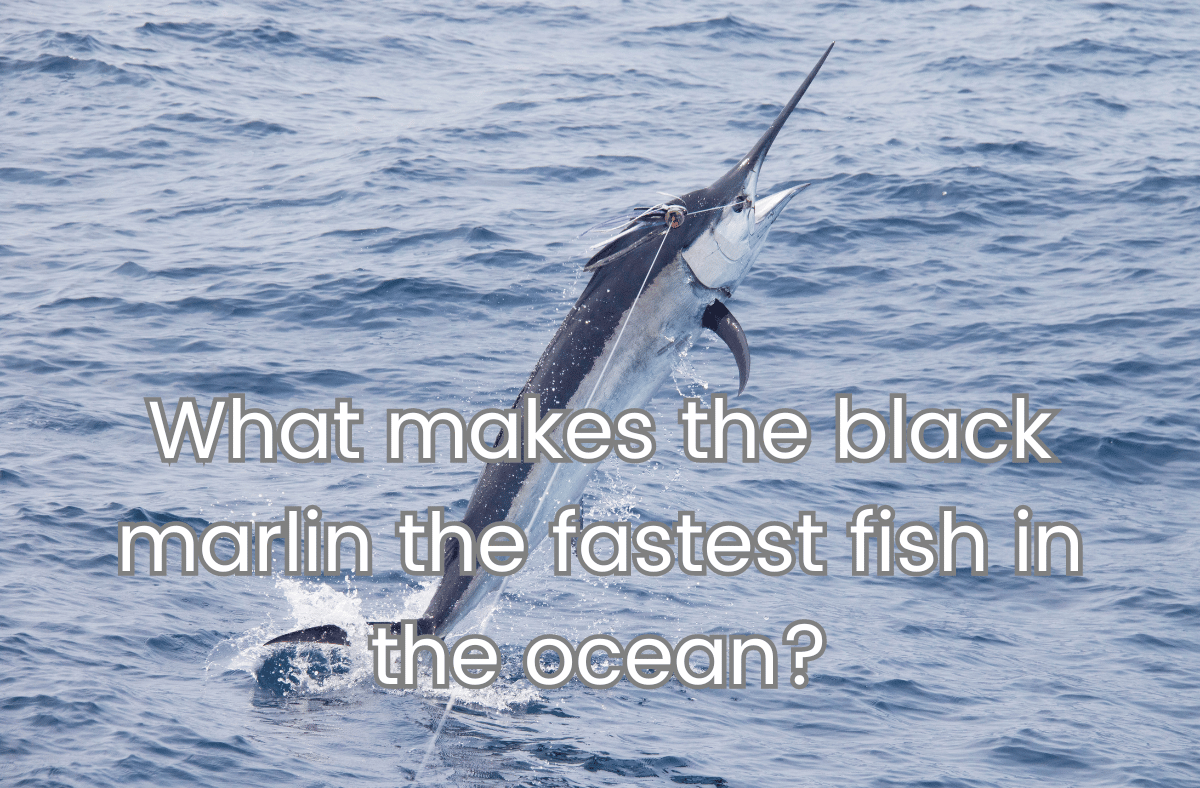For Those in a Hurry
When flipped upside down, sharks can enter a trance-like state. This phenomenon is called tonic immobility. In this state, sharks become temporarily paralyzed. Tonic immobility is a defense mechanism in the animal kingdom. Researchers use this state to study sharks safely. It’s a fascinating aspect of shark behavior. The trance-like state can last for up to 15 minutes. Understanding it helps in the conservation of these majestic creatures.
Sharks into a Trance: Understanding Tonic Immobility
Sharks display a unique reaction known as tonic immobility when turned upside down. This natural state renders them temporarily paralyzed. It’s a reflex that causes a temporary state of inactivity. Interestingly, it’s not fully understood why sharks enter this state. However, it’s believed to be a defense mechanism.
The Significance of Tonic Immobility in Sharks
Tonic immobility in sharks has significant implications. It allows researchers to study sharks more safely. By inducing this state, scientists can tag or examine sharks with less risk. Additionally, understanding this behavior is crucial for conservation efforts. It helps in handling sharks in a way that minimizes stress.
Sharks into a Trance: Implications for Human Interactions
Tonic immobility in sharks also has implications for human interactions. Divers sometimes use this technique to calm a shark. However, it’s important to approach this practice with caution. Inducing tonic immobility can be stressful for the shark. Therefore, it should be done only when absolutely necessary.
Tonic Immobility: A Window into Shark Physiology
Studying tonic immobility provides insights into shark physiology. It helps scientists understand shark nervous systems. This research can reveal much about their responses to stress. As such, tonic immobility is more than a curiosity. It’s a valuable tool for scientific inquiry.
In conclusion, the ability of sharks to go into a trance, known as tonic immobility, is a remarkable aspect of their behavior. This temporary state of paralysis, often induced when sharks are flipped upside down, provides a unique opportunity for researchers to study these magnificent creatures more closely. While it serves as an essential tool for scientific and conservation efforts, it’s crucial to handle this phenomenon with care to avoid undue stress to the sharks. Understanding tonic immobility in sharks not only adds to our knowledge of these predators but also highlights the complex and fascinating nature of wildlife behavior.






















